If the unions aren't careful Tony Abbott will be forced to do something about them. It will only take a few more violent protests on building sites in Melbourne and one or two more lurid tales of union corruption out of Sydney for a future Abbott government to get to be brave enough to have a fundamental review of how trade unions operate in Australia.
The difference between what Tony Abbott might do to the unions as PM and what John Howard tried with Work Choices is that union thuggery and corruption is clear, obvious, and easily understood. Not all unions use violence as a negotiating strategy and not all union officials are corrupt. But that's not an excuse to turn a blind eye to instances where there is violence and corruption.
There are good reasons why the Coalition is reluctant to talk about industrial relations and wary of even uttering words like ''labour productivity''. The Coalition's fear is that anything the Coalition says about industrial relations will be likened to an attempt to bring back Work Choices. The ACTU's $30 million campaign against Work Choices and the Howard government did much more than help Kevin Rudd become prime minister in 2007. The campaign was so successful it scared off the Coalition leadership from touching industrial relations for at least a decade.
The beauty for the Coalition of talking about ''union governance'' instead of ''industrial relations'' is that the capacity of the ACTU to campaign against plans to reform ''union governance'' and reduce corruption is limited. There's little doubt what an inquiry into union behaviour and governance would find. The scandals in the Health Services Union and Australian Workers Union are the result of lax governance and minimal oversight, while the abolition of the Australian Building and Construction Commission removed effective enforcement against illegal behaviour.
In the wake of the HSU saga Eric Abetz, the opposition workplace relations spokesman, said union officials should face the same penalties as company directors for breaches of the law, including fines and jail. From this it's just one small step to having trade unions regulated by ASIC — a step the Coalition has so far resisted, but it's the logical conclusion of their position.
The disparity between the treatment of companies and unions can only be explained by the fact that few Labor Party ministers have been company directors, but many have been union bosses. The Gillard government wanted to impose a penalty on company directors of up to one-year imprisonment if they'd changed their address and hadn't informed ASIC within 28 days. Meanwhile, Fair Work Australia spends three years investigating Craig Thomson.
Having unions regulated by ASIC won't immediately stop violence on picket lines, but it would send the message that the era of one rule of unionists and one rule for every other member of the public is over. Unfortunately, it's a message that needs to be sent to those authorities meant to be upholding the law. In Victoria, the state government runs television advertisements gleefully telling motorists of how the police will relentlessly fine any driver travelling even just a little over the 40km per hour speed limit. Yet last month when protesters illegally picketed a Coles warehouse in Melbourne preventing employees from going to work the police stood by and did nothing.
The other area of trade union privilege a Coalition government is itching to overhaul is superannuation. Industry super funds connected to trade unions are granted special treatment under industrial relations legislation and they get benefits not available to for-profit funds.
The Coalition should never have agreed to support Labor's promise to increase the compulsory superannuation contribution to 12 per cent, but given that they did, the Coalition should have at least made their support conditional on having a level playing field for all superannuation funds. The Coalition didn't insist on this but they'll have the chance to fix their mistake if they get to form government.
Storm Financial, the financial planning company that went broke and lost millions in investors' funds was hardly representative of the financial advice industry. But that didn't stop the Labor government in the wake of the Storm collapse unleashing waves of new regulation on financial planners.
There's every chance a Coalition government will do to the unions what an ALP government did to the financial planning industry.

 Minimum prices for alcohol are a tax on the poor and won't deliver better health outcomes.
Minimum prices for alcohol are a tax on the poor and won't deliver better health outcomes. In the very near future, the Baillieu government in Victoria will have the opportunity to deliver a reform of national significance.
In the very near future, the Baillieu government in Victoria will have the opportunity to deliver a reform of national significance.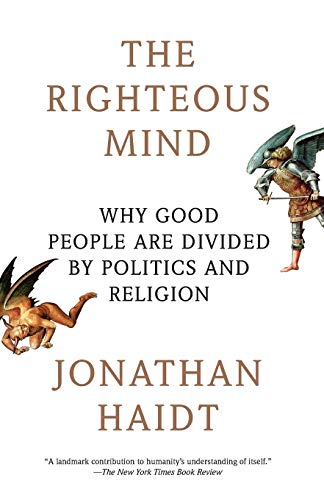 Few recent social science books have arrived with as much acclaim as Jonathan Haidt's The Righteous Mind: Why Good People are Divided by Politics and Religion. The book has been repeatedly reviewed and referenced in opinion pieces around the world.
Few recent social science books have arrived with as much acclaim as Jonathan Haidt's The Righteous Mind: Why Good People are Divided by Politics and Religion. The book has been repeatedly reviewed and referenced in opinion pieces around the world.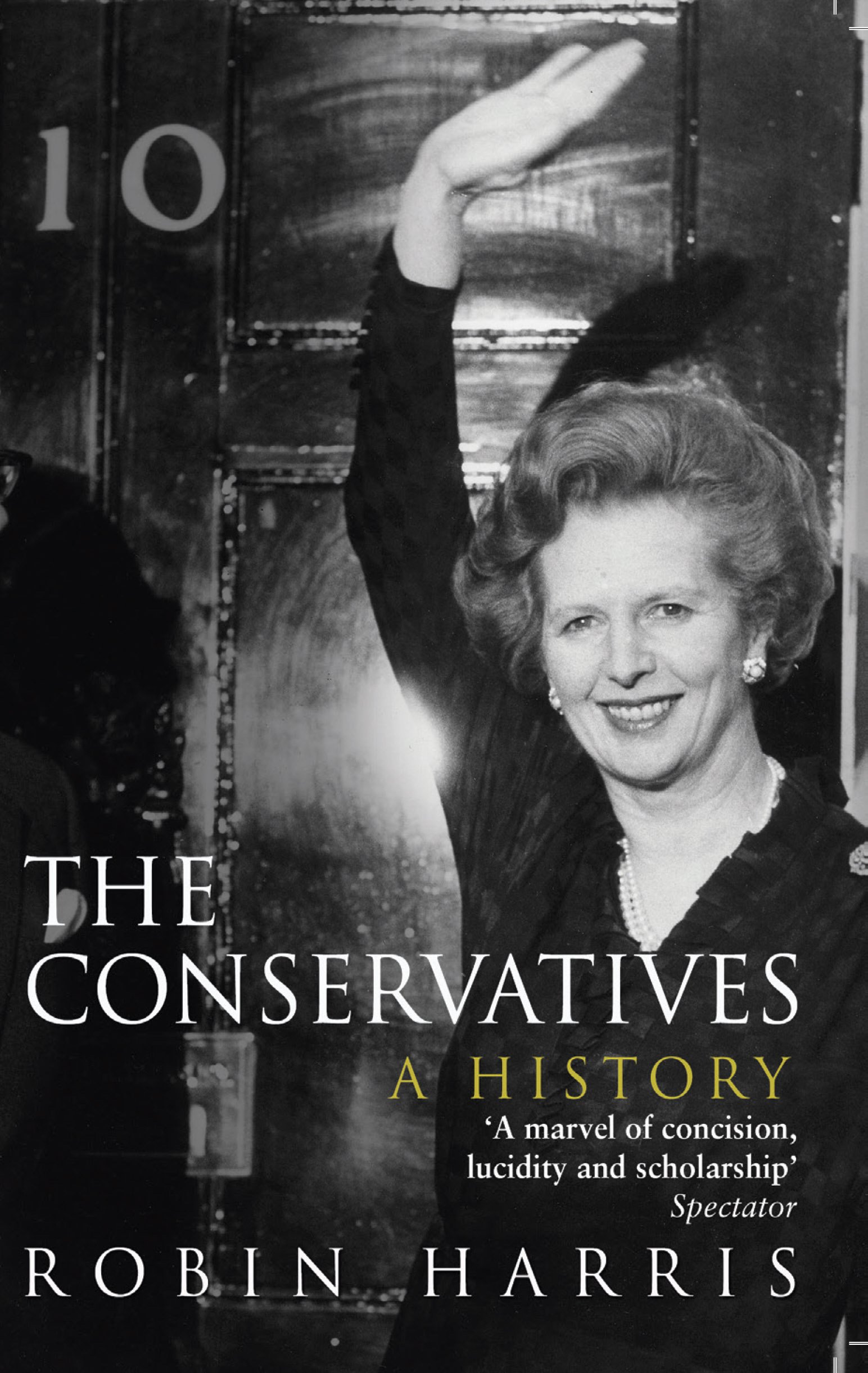 This is a marvellous book. It has many things to recommend it. A list of the book's many merits would go something like this (in order of importance): it's interesting; it's opinionated; it's extremely readable; it explains why John Major and Edward Heath were failures; it predicts David Cameron will be a failure; and it nominates only Lord Salisbury, Benjamin Disraeli, Bonar Law, and Margaret Thatcher as Conservative leaders who can in any way be regarded as good leaders of their Party. (That Churchill qualified for greatness is not disputed. But Churchill was leader of the Conservatives in name only. He did nothing to advance the interests of the Conservative Party, hence the result of the 1945 general election.)
This is a marvellous book. It has many things to recommend it. A list of the book's many merits would go something like this (in order of importance): it's interesting; it's opinionated; it's extremely readable; it explains why John Major and Edward Heath were failures; it predicts David Cameron will be a failure; and it nominates only Lord Salisbury, Benjamin Disraeli, Bonar Law, and Margaret Thatcher as Conservative leaders who can in any way be regarded as good leaders of their Party. (That Churchill qualified for greatness is not disputed. But Churchill was leader of the Conservatives in name only. He did nothing to advance the interests of the Conservative Party, hence the result of the 1945 general election.) It's because of the power Conservative leaders have that Harris is so concerned about David Cameron. Harris' disdain drips from the page. Under Cameron "Green issues took centre stage. A tree replaced the torch of freedom as party symbol ... The Tory image was too negative, too pessimistic, too unappreciative of modernity, too hostile to diversity. David Cameron cultivated his own image as the opposite. 'Let sunshine win the day!' he exhorted the party conference ― and, whatever that meant, his audience seemed happy to go along".
It's because of the power Conservative leaders have that Harris is so concerned about David Cameron. Harris' disdain drips from the page. Under Cameron "Green issues took centre stage. A tree replaced the torch of freedom as party symbol ... The Tory image was too negative, too pessimistic, too unappreciative of modernity, too hostile to diversity. David Cameron cultivated his own image as the opposite. 'Let sunshine win the day!' he exhorted the party conference ― and, whatever that meant, his audience seemed happy to go along".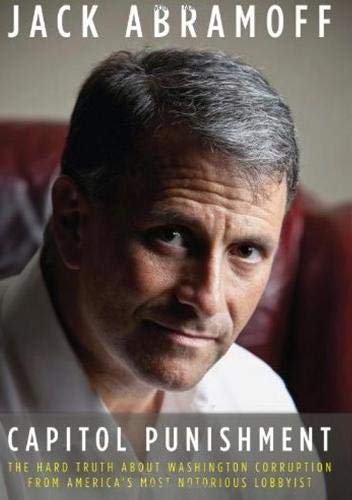 Wall Street is better known for a different quote, yet this line would be a perfect epithet for the life and times of Jack Abramoff, the K Street lobbyist who went to prison in 2006 for fraud and conspiracy to corrupt a number of US congressmen.
Wall Street is better known for a different quote, yet this line would be a perfect epithet for the life and times of Jack Abramoff, the K Street lobbyist who went to prison in 2006 for fraud and conspiracy to corrupt a number of US congressmen.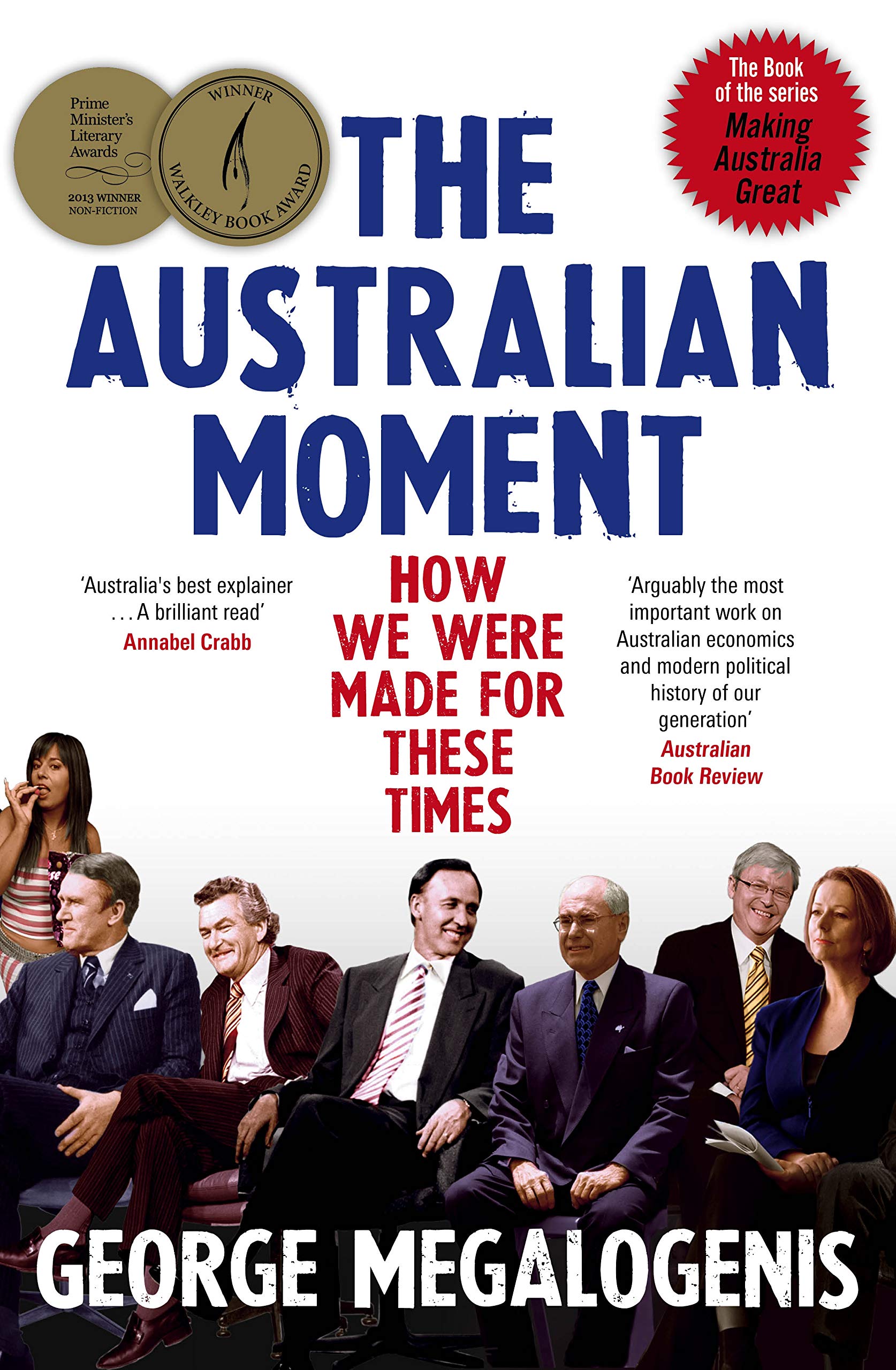 With the federal government finally forecasting Australia's first surplus since the global financial crisis (GFC) hit, it is interesting to look back at how we came out of the catastrophe relatively strongly. While Wayne Swan's surplus may rely on some dubious accounting, the fact remains that Australia is not nearly as broke as almost every other country on the globe. Enter The Australian Moment, journalist George Megalogenis' economic history of Australia from the early 1970s until Rudd's stimulus package, which seeks to answer the question of how we came out of the financial crisis as the "last rich nation standing".
With the federal government finally forecasting Australia's first surplus since the global financial crisis (GFC) hit, it is interesting to look back at how we came out of the catastrophe relatively strongly. While Wayne Swan's surplus may rely on some dubious accounting, the fact remains that Australia is not nearly as broke as almost every other country on the globe. Enter The Australian Moment, journalist George Megalogenis' economic history of Australia from the early 1970s until Rudd's stimulus package, which seeks to answer the question of how we came out of the financial crisis as the "last rich nation standing". Although what is there is substantial, the central weakness of the book is that it tries to cover too much in too few pages. It is an ambitious feat to provide a complete economic and political history of Australia since 1970 in one book. Though economics and elections are well covered, other major events in Australia's history are skimmed over without getting to the heart of the matter ― especially when it comes to the Howard government. John Howard's time as prime minister is summarised in 50 pages, focusing mainly on WorkChoices, the Tampa incident and other aspects of the government that Megalogenis is critical of. The reader undoubtedly finishes the chapter with the impression that Megalogenis thinks Howard only did three things right, and only in election years, which, if logic is followed, does raise questions as to how Howard managed to last almost 11 years in office.
Although what is there is substantial, the central weakness of the book is that it tries to cover too much in too few pages. It is an ambitious feat to provide a complete economic and political history of Australia since 1970 in one book. Though economics and elections are well covered, other major events in Australia's history are skimmed over without getting to the heart of the matter ― especially when it comes to the Howard government. John Howard's time as prime minister is summarised in 50 pages, focusing mainly on WorkChoices, the Tampa incident and other aspects of the government that Megalogenis is critical of. The reader undoubtedly finishes the chapter with the impression that Megalogenis thinks Howard only did three things right, and only in election years, which, if logic is followed, does raise questions as to how Howard managed to last almost 11 years in office.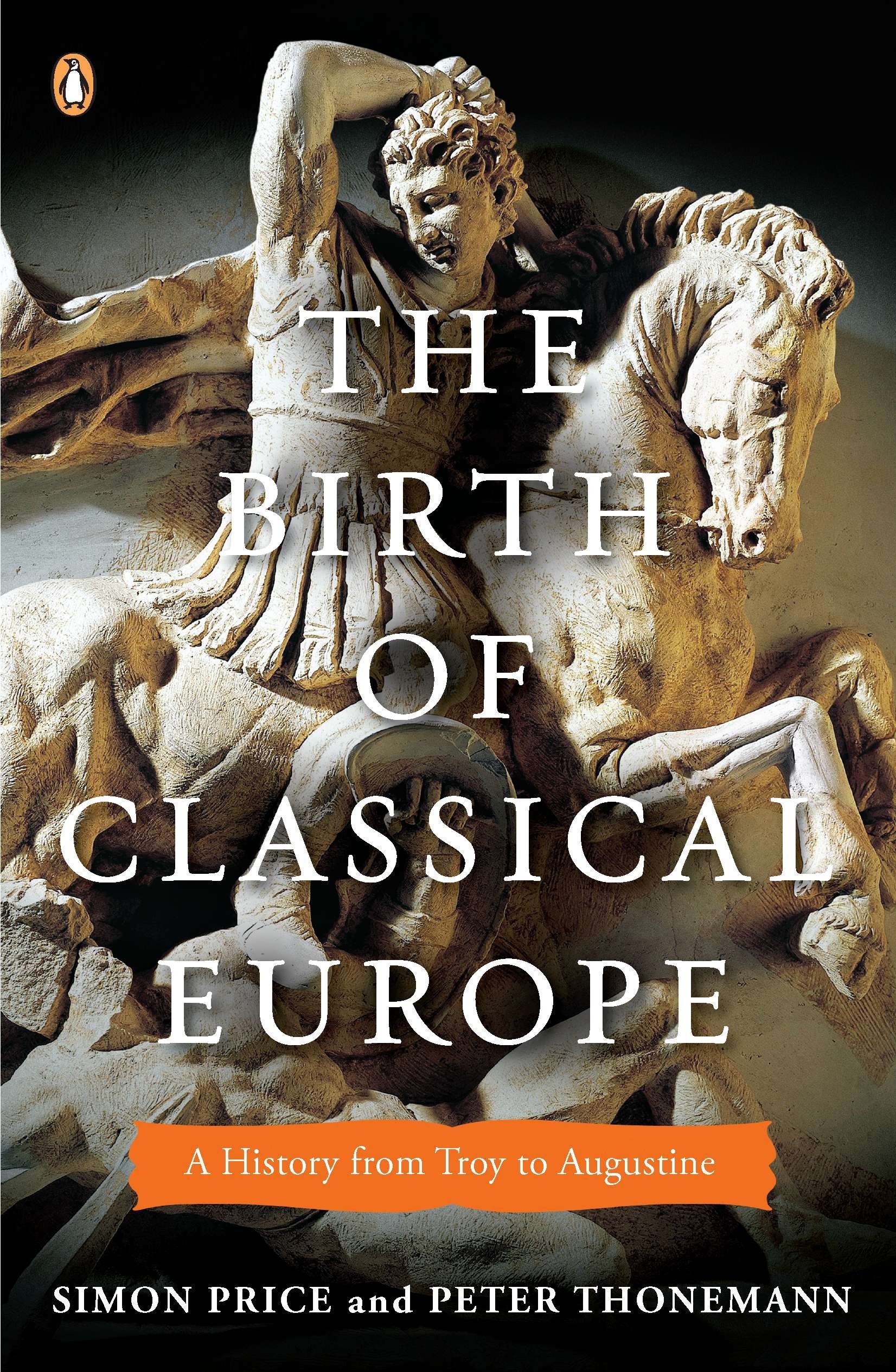 Penguin is producing an eight-volume history of Europe from antiquity to the end of the 20th century. Interestingly, the works are not appearing in chronological order ― this volume, which kicks things off chronologically, is actually the fourth to be published.
Penguin is producing an eight-volume history of Europe from antiquity to the end of the 20th century. Interestingly, the works are not appearing in chronological order ― this volume, which kicks things off chronologically, is actually the fourth to be published.